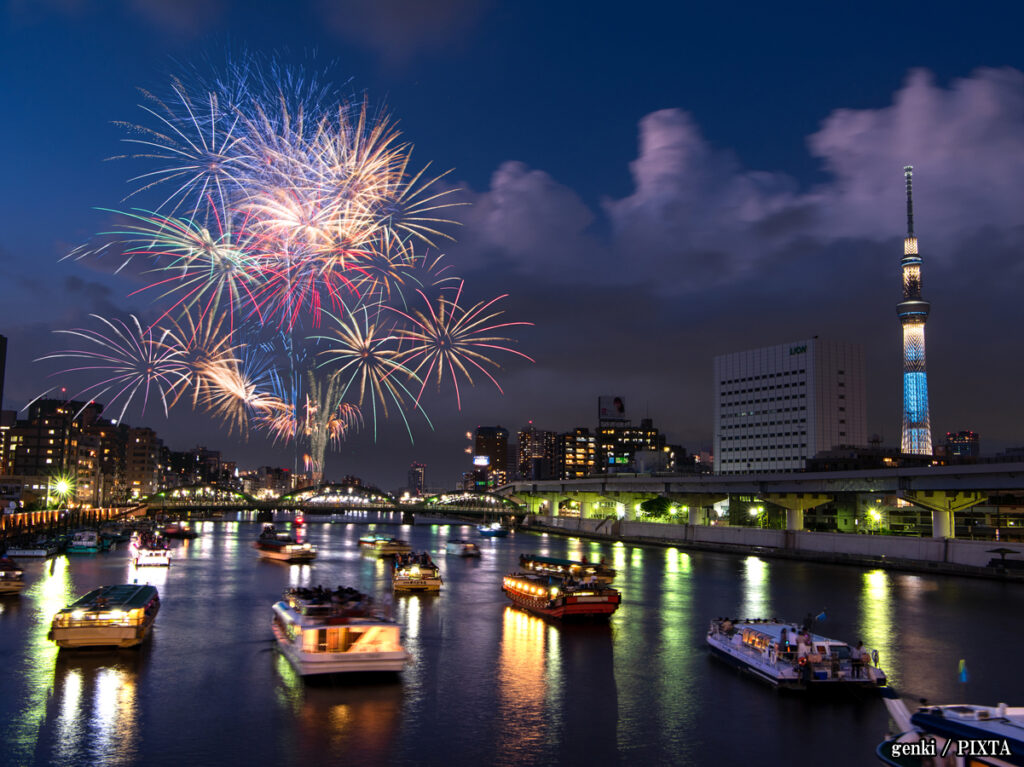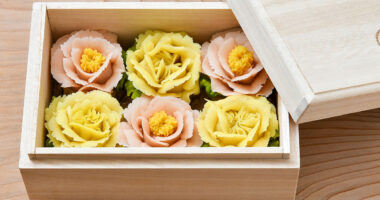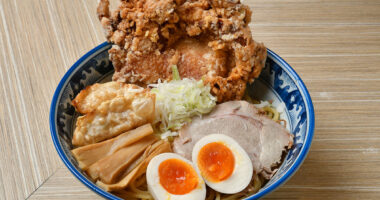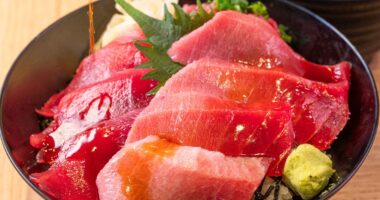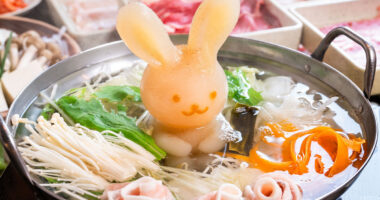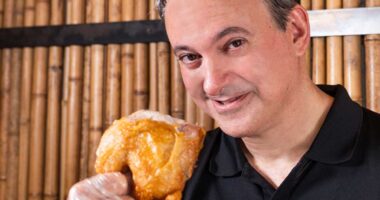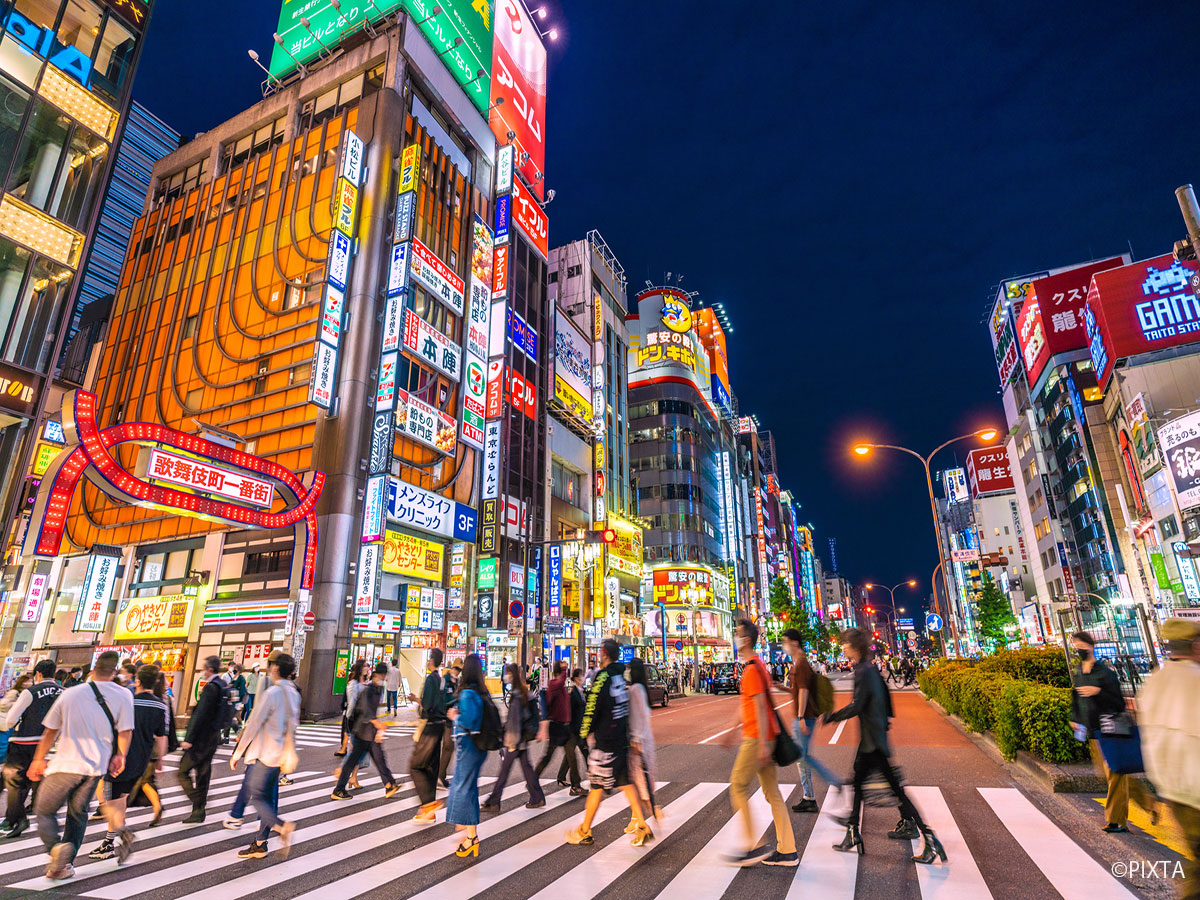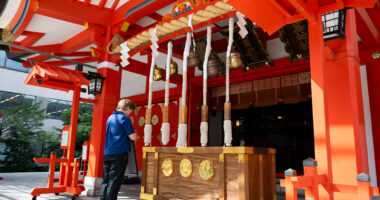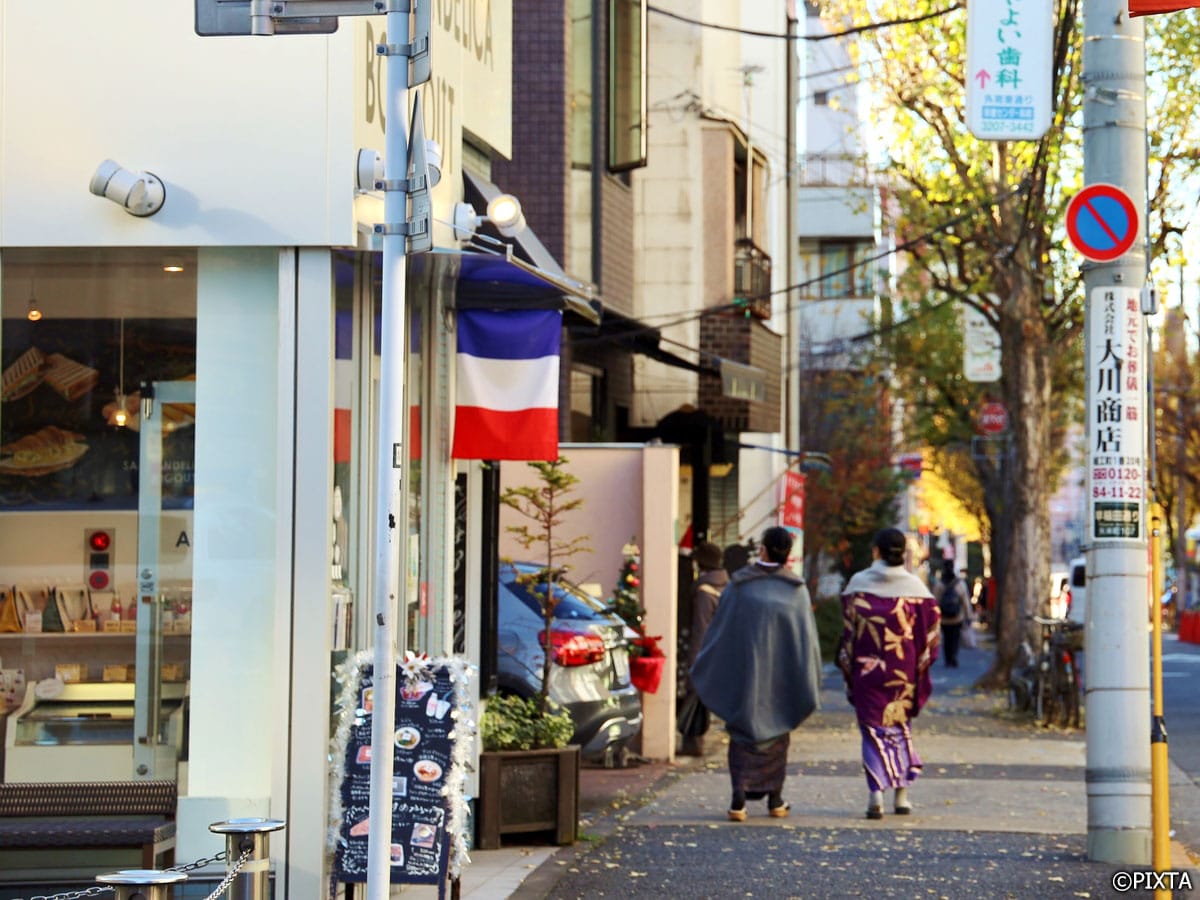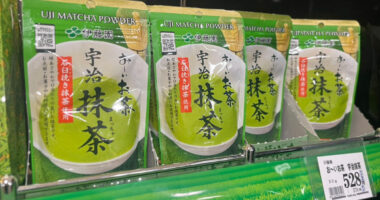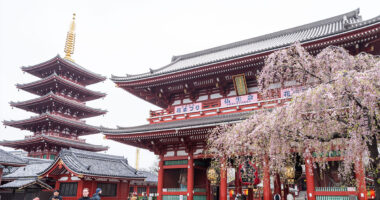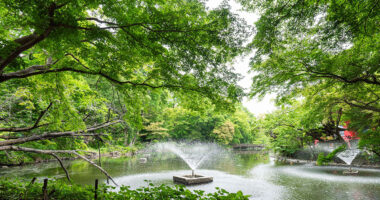Must-see festivals in central Tokyo (Shinjuku, Shibuya, etc.)
Central Tokyo comes alive in summer with festivals that blend traditional arts and contemporary culture.
One of the season’s highlights is the Shinjuku Eisa Festival, taking place on July 26, 2025. This vibrant event brings the dynamic Okinawan dance tradition of Eisa to the streets of Shinjuku. Performers in colorful costumes fill the streets with powerful drumming and tightly coordinated movements, bringing Okinawan culture to life in the heart of Tokyo.
In Shibuya, the Shibuya Bon Odori, taking place on August 2, 2025, provides a fresh take on the traditional Bon Odori, a summer dance held to honor ancestors. Set in front of the iconic Shibuya109, the festival closes off nearby streets to make room for a special stage and festive attractions. Traditional and modern songs (including pop hits and anime themes) play throughout the event, and the easy-to-follow choreography invites everyone to join the fun. Beyond the dancing, visitors can enjoy classic seasonal games like super ball-scooping and target shooting, as well as a wide range of food stalls and trucks.
Also in Shibuya, SHIBUYA SKY, on the 46th floor of Shibuya Scramble Square, offers a rare chance to celebrate with Bon dancing and other festivities from a unique vantage point 230 meters (755 feet) above the city. In 2025, it will be held in autumn (dates TBA).
Meanwhile, Yoyogi Park hosts several international cultural festivals throughout July, such as the Festival Brasil & Latino and the Taiwan Festival, drawing diverse crowds and highlighting traditions from around the world.
For a dramatic nighttime spectacle, the Sumidagawa Fireworks Festival is one of Tokyo’s largest and most famous summertime events. Around 20,000 fireworks light up the sky above the Sumida River in a dazzling display that dates back to the Edo period (1603–1868).
Unique local events in suburban Tokyo (Kichijōji, Kōenji, etc.)
Venturing beyond the city center, Tokyo’s suburban neighborhoods host festivals with a more local, community-oriented feel, with a refreshing contrast to the city’s larger-scale events.
One of the most vibrant is the Kōenji Awa Odori Festival, set for August 23–24, 2025. Held annually on the last weekend of August, it features dozens of dance troupes parading through the streets around JR Koenji Station and Tokyo Metro Shin-Koenji Station. This lively celebration of traditional Awa Odori dancing fills the neighborhood with music, movement, and energy, drawing enthusiastic crowds each year.
In Kichijōji, the Hello Kitty and My Melody Summer Festival Show offers a family-friendly indoor alternative to traditional festivals. Taking place on July 20, 2025, at the Kichijoji Excel Hotel Tokyu, the event features beloved Sanrio characters, buffet-style dining, and carnival games, capturing the excitement of a summer matsuri, minus the midday sun. Reservations are accepted until July 11 or seats are sold out, whichever comes first.
For a different kind of summer outing, the Enmusubi Wind Chime Festival at Kawagoe Hikawa Shrine runs from June 28 to September 15, 2025. Located a bit farther out in Saitama Prefecture, it’s still an easy trip from Tokyo. During the festival, thousands of colorful wind chimes are displayed throughout the shrine grounds, creating a distinctive and atmospheric seasonal experience.
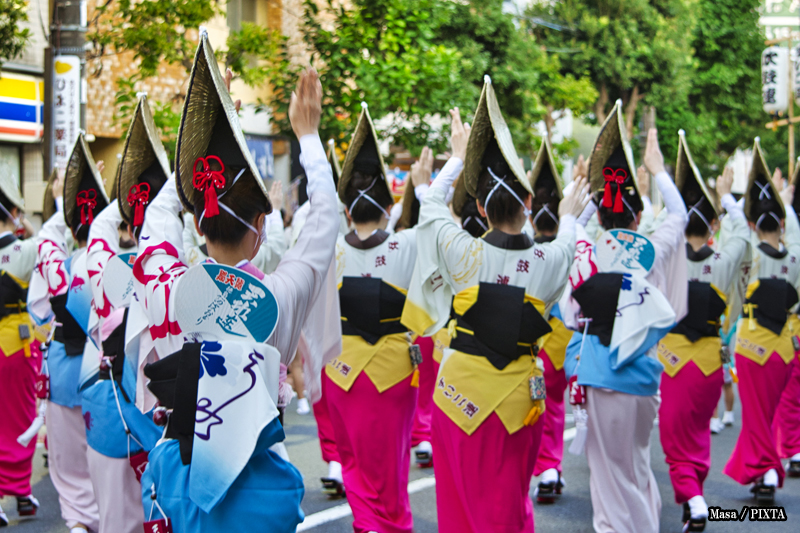
Photo for illustrative purposes
Date-by-date festival calendar (July–August 2025)
Here’s a snapshot of confirmed and regularly held summer festivals in Tokyo for 2025 to help guide your travel planning.
July 2025
- July 13-16:
Mitama Matsuri at Yasukuni Shrine - July 19-20:
Brazil Festival at Yoyogi Park - July 20:
Hello Kitty and My Melody Summer Festival Show (Kichijoji) - July 23-26:
Kagurazaka Matsuri in Kagurazaka (Shinjuku area) - July 25-27:
Taiwan Festa at Yoyogi Park - July 26:
Shinjuku Eisa Festival - July 26:
Sumidagawa Fireworks Festival - July 30-31:
Lantern Festival at Chidorigafuchi
August 2025
- July 31 – August 2:
Sunshine City Bon Odori - August 2:
Shibuya Bon Odori - August 2:
Edogawa Fireworks Festival - August 17:
Fukagawa Festival at Tomioka Hachiman Shrine - August 23-24:
Koenji Awa Odori Festival - August 23-24:
Harajuku Omotesando Super Yosakoi
Note: Festival dates may shift due to weather or other circumstances. Check official websites or local listings for the most up-to-date information before your visit.
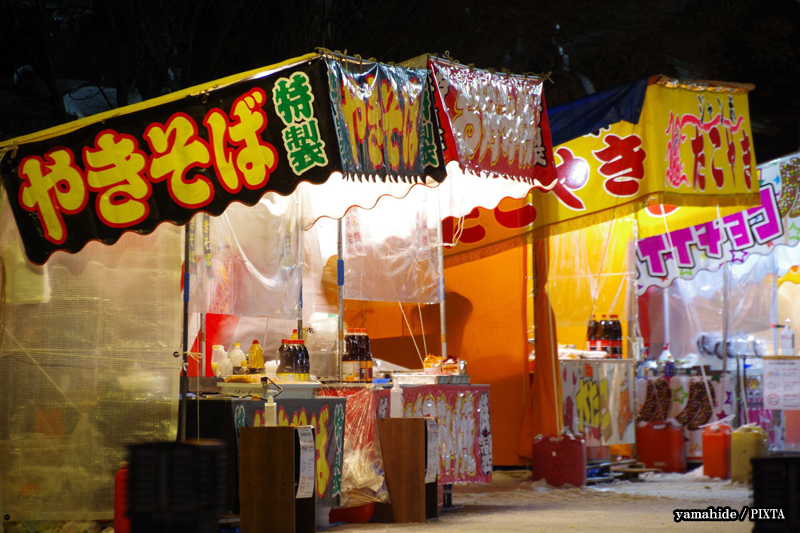
Photo for illustrative purposes
Tips for attending Japanese festivals
Attending a festival in Japan is a fun and memorable way to experience local culture up close. From traditional music and dancing to street food and games, there’s a lot to take in—especially during the peak of Tokyo’s hot, humid summer. Here are some tips to help you stay comfortable and make the most of your visit.
What to wear
Dress for the heat. Light, breathable clothing is key. Many locals wear yukata, a casual summer kimono, which adds to the festive mood. If you don’t have one, you can rent one from shops around the city. They often fill up during major festivals, so it’s a good idea to book in advance. Comfortable shoes are also essential, as you’ll likely be on your feet for much of the day.
What to bring
- Cash:
Many food stalls and smaller vendors do not accept cards. - Hand towel:
Useful for wiping away sweat in the humidity. - Portable fan:
A small battery-powered fan can make a big difference in the heat. They’re easy to find at stores like LOFT or Don Quijote. - Water bottle:
Stay hydrated! You can refill at vending machines or convenience stores. - Small bag:
Carry your essentials while keeping your hands free for food and games.
What to expect
- Crowds:
Popular festivals, especially major fireworks displays, draw massive crowds. Trains, streets, and viewing areas can become extremely congested, so plan ahead and allow extra time to navigate through packed conditions. - Yatai (food stalls):
These are a major draw. Look out for local favorites like yakisoba (fried noodles), takoyaki (octopus balls), kakigōri (shaved ice), and karaage (fried chicken). - Games:
Many festivals include traditional games such as kingyo-sukui (goldfish scooping) and ring toss. - Lively atmosphere:
You’ll hear the pulse of taiko drums, bursts of festival music, and the rhythmic shout of “wasshoi!” rising from the crowd. - Heat and humidity:
Tokyo summers are hot and humid. Take breaks in shaded areas, pace yourself, and drink plenty of water.
Final thoughts: Plan your summer visit around Tokyo’s best events
Summer festivals offer a clear window into Tokyo’s local life, whether it’s the powerful drumbeats of Eisa dancing, streets packed for fireworks along the Sumida River, or smaller community events tucked into neighborhood corners. These festivals aren’t just fun—they shape how the city moves through the season. If you time your visit right, you’ll see a side of Tokyo that blends tradition, spontaneity, and a genuine sense of celebration.
